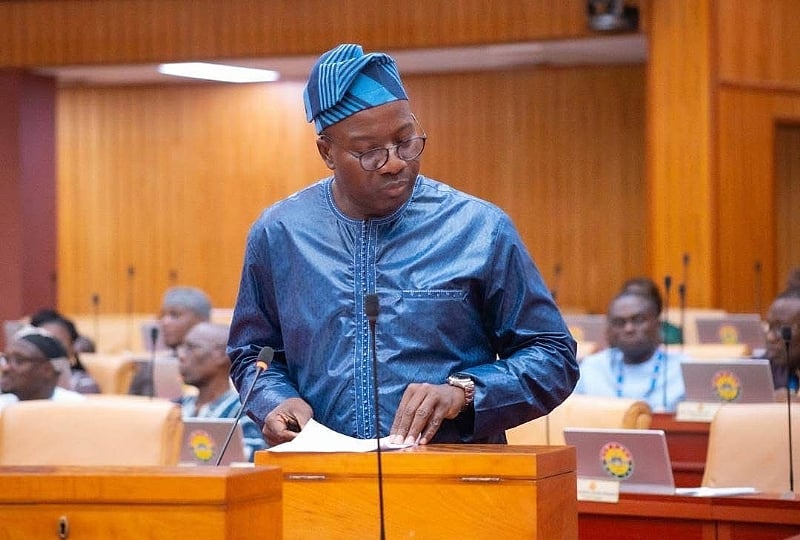The Ghanaian Parliament, under the leadership of Majority Leader Mahama Ayariga, has demonstrated remarkable efficiency in the vetting and approval process of President John Dramani Mahama’s ministerial nominees. Within a month of the new administration, the House successfully vetted and approved 40 nominees, a feat lauded by Ayariga as a historic achievement and a testament to the collaborative efforts of both the Majority and Minority caucuses. This swift action underscores the Parliament’s commitment to facilitating the formation of a functional government and ensuring a smooth transition of power. The expedited process allowed for the prompt approval of all cabinet-level nominees, enabling the new government to address pressing national issues without delay.
Ayariga’s commendation acknowledged the cooperation of the Minority, despite acknowledging some “theatrics and drama” during the process. This bipartisan cooperation, while not without its challenges, ultimately facilitated the efficient execution of the vetting procedures. The acknowledgement of the “theatrics” hints at underlying tensions and disagreements, but the overall outcome reflects a willingness to put aside partisan differences for the greater good of establishing a functioning government. The speed and efficiency of the process allowed the President’s nominees to assume their roles quickly, ensuring continuity in governance and enabling the new administration to begin implementing its agenda.
The vetting process, however, was not without incident. A disruption on January 30th led to the suspension of four Members of Parliament. While details of the incident remain undisclosed, the Speaker’s decision highlights the seriousness with which parliamentary decorum is regarded. The subsequent plea for leniency from both Majority Leader Ayariga and Minority Leader Alexander Afenyo-Markin, coupled with the Speaker’s eventual lifting of the suspension, points towards a desire to maintain a functional working relationship between the two sides of the House. The Speaker’s decision to lift the suspension while awaiting the findings of an investigative committee indicates a desire to balance accountability with the need for a fully functioning parliament.
The incident surrounding the suspension of the four MPs, while disruptive, ultimately underscored the importance of due process and parliamentary procedure. The formation of a committee to investigate the matter demonstrates a commitment to transparency and accountability within the Parliament. While the Speaker opted to lift the suspension prior to the committee’s findings, the ongoing investigation signals that the incident will be thoroughly examined and appropriate actions taken based on the evidence presented. This commitment to upholding parliamentary rules and regulations strengthens the institution and reinforces public trust in the democratic process.
The swift approval of the ministerial nominees, despite the temporary disruption, allowed the government to quickly address pressing national issues. The ability of the Parliament to function effectively, even in the face of internal disagreements, is crucial for the stability and progress of the nation. The cooperation displayed by both the Majority and Minority caucuses, despite their differences, demonstrates a shared commitment to the democratic process and the well-being of the country. This collaborative approach is essential for navigating complex political landscapes and achieving common goals.
In conclusion, the Ghanaian Parliament’s efficient handling of the ministerial vetting and approval process, under the leadership of Mahama Ayariga, demonstrates the strength and resilience of the country’s democratic institutions. Despite some internal challenges and procedural complexities, the House successfully navigated the process, ultimately paving the way for the formation of a fully functioning government. The events surrounding the brief suspension of four MPs, while disruptive, highlight the importance of accountability and due process within Parliament. The overall outcome, marked by bipartisan cooperation and a commitment to upholding parliamentary procedures, reinforces public trust in the democratic process and sets a positive precedent for future governmental transitions.














